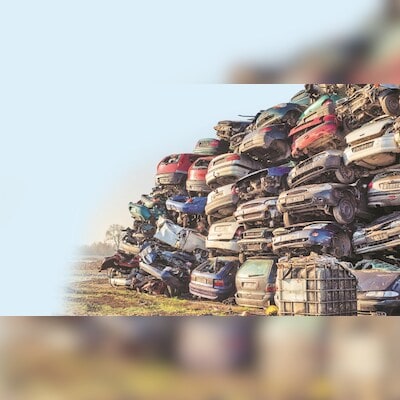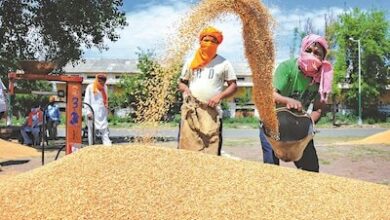Govt studies linking vehicle scrapping policy to pollution levels, not age | Auto

After seeing concerns of people over the new vehicle scrappage policy, the Ministry of Road Transport and Highways is studying whether it can link the vehicle scrapping mandate to the pollution levels of vehicles instead of their age, according to Union Road Transport and Highways Secretary Anurag Jain.
“People tell us that if they’ve maintained their vehicle well, why should they be mandated to scrap it? We are studying whether we can enforce a scrapping mandate where the upper limit is relative to the pollution of the vehicle, for example, pre-BS-1 or pre-BS-2, instead of the 15-year mandate,” Jain said at the 64th Annual General Meeting of the Society of Indian Automobile Manufacturers (SIAM).
However, there would need to be a trustworthy system of issuing pollution certificates, he added, seeking inputs from the industry on how to make the framework watertight.
The secretary was addressing a session on sustainable mobility.
Currently, vehicles more than 15 years old have to be scrapped under the Centre’s scrappage policy. Heavy commercial vehicles are required to undergo fitness tests for the same.
Reports suggest that in several states, the Centre’s scrappage programme has struggled to take off.
Earlier in the day, Union Minister Nitin Gadkari had also urged the sector to increase their discounts related to scrapping old vehicles against the purchase of new ones, adding that it will help decrease the issue of pollution and also reduce steel imports in the country significantly.
Need to make two-wheelers safer
Both Gadkari and Jain also highlighted that despite interventions such as the Bharat New Car Assessment Programme (BNCAP) and others, the number of accidents is not coming down.
According to the road transport and highways ministry’s data, over 500,000 accidents take place each year. In 2022, accidents claimed 168,000 lives, which is the highest of all time.
Jain urged the industry and the panel he was addressing, which included KN Radhakrishnan, MD and CEO of two-wheeler maker TVS Motors, to identify ways through which two-wheelers can be made safer, as a majority of accidental deaths are of two-wheeler riders.
Jain also said the government has started working on BS-7, and consultations are ongoing.
“We are conscious of the fact that the auto industry is essential for us to achieve our 2047 goals of becoming a developed country… The sector provides employment to over 35 million people, so we have to be careful about our policies when it comes to automobile manufacturers. We will move in consultation so that there is no harm done, but we will not be left behind,” the secretary said.
First Published: Sep 10 2024 | 6:29 PM IST




